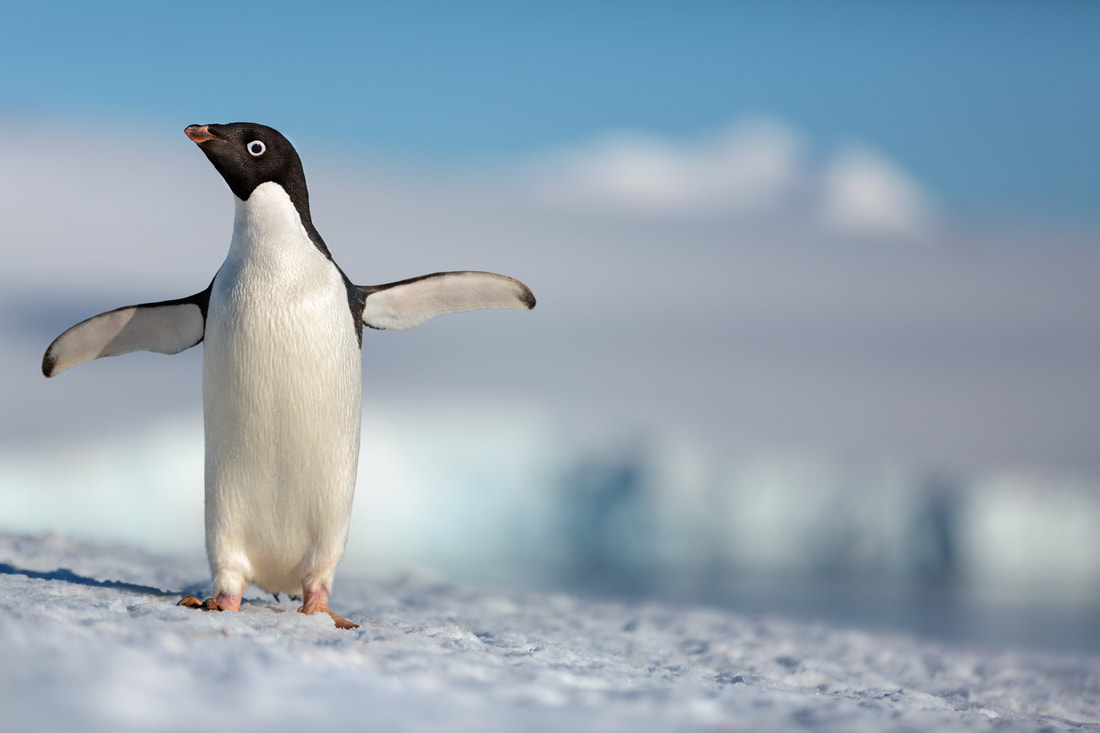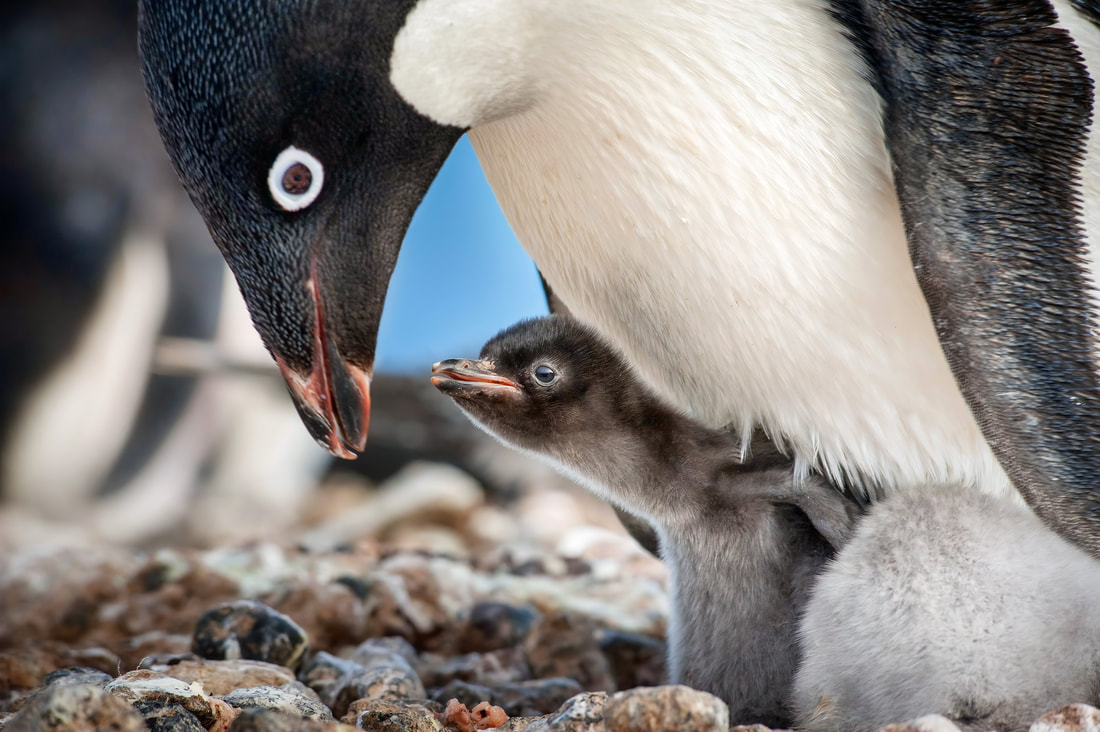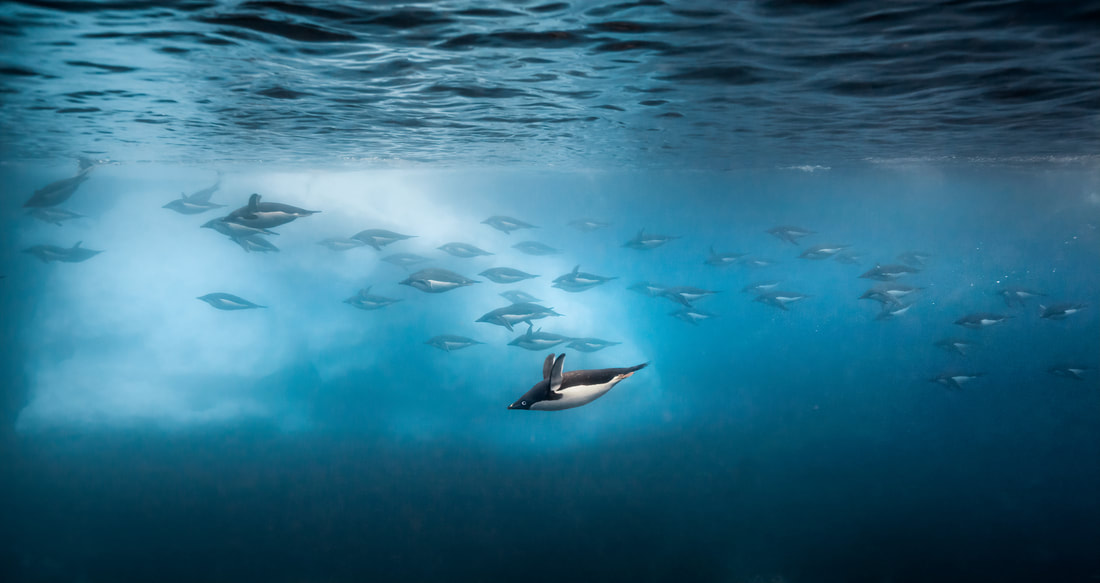|
We reached out to our Jackson Wild Media Awards filmmakers to ask them five questions about the experience of making their films.
What inspired this story? Director Jeff Wilson: We spent 4 months living and working with Adelies in 2009/2010 Antarctic season alongside the United States Antarctic Program for the BBC series Frozen Planet – but we came away from the experience thinking there was more to these amazing little krill buckets than we were able to tell in a sequence led series. Describe some of the challenges faced while making this film/program. JW: All filming in Antarctica is challenging primarily due to the enormous logistics that filming on the continent requires. We were fortunate to co-operate and be supported by the National Science Foundation as well as French and Argentine Antarctic Programs, but nonetheless, extreme weather played a key role in both the failures and successes of this film. What did you learn from your experience making this film/program? JW: Nothing can replace long term observation and on the ground expertise in making a good wildlife film - Understanding ones subject matter intimately is key to developing storylines and getting the nuanced behavior which is the core of long form wildlife storytelling. How do you approach storytelling? JW: The best stories in the natural world tend to present themselves to those who take the time to watch, but beyond that I try and narrow the distance between the human experience and the wild animal behavior we observe in the field to remind our audience they are more connected to the natural world than many of them realize. I believe this is a cornerstone to any good conservation movement. What impact do you hope this film/program will have? JW: I have already watched cinemas full of families and children interact with this film through both the amazing cinematography , the storytelling and the music – I really hope that this film will have longevity in inspiring families and especially children to find out more about the Antarctic continent and the plight of penguins worldwide. Were there any surprising or meaningful moments/experiences you want to share? JW: Our first season saw the teams camp decimated by winds of 151mph at Cape Crozier in the Ross Sea area of Antarctica, which we thought was a record , until the team filming the following season at Hope Bay on the Peninsula had to endure 157mph which was a wind record for mainland Antarctica! As we watched the penguins nonchalantly disregard these hurricane force katabatics (their aqua dynamic design is perfectly suited for wind forces), both events taught us very severely that humans have no permanent place on Antarctica. Long may that last. Anything else you would like people to know? JW: Cuts to science funding in the US by the government are severely affecting long term studies on penguin ecology and climate change which are vital to our understanding of Adelie penguins and other species inhabiting Antarctica. How can audience members take action to help the cause or issue featured in this film? JW: Disneynature supports the Global Penguin Society and audience members can too through this site. Also, you can learn more about the important work going on at our main filming site through the fantastic resources from our partner science team here.
0 Comments
Leave a Reply. |
Archives
March 2024
Categories
All
|
Contact UsJackson Wild
240 S. Glenwood, Suite 102 PO Box 3940 Jackson, WY 83001 307-200-3286 info@jacksonwild.org |




 RSS Feed
RSS Feed